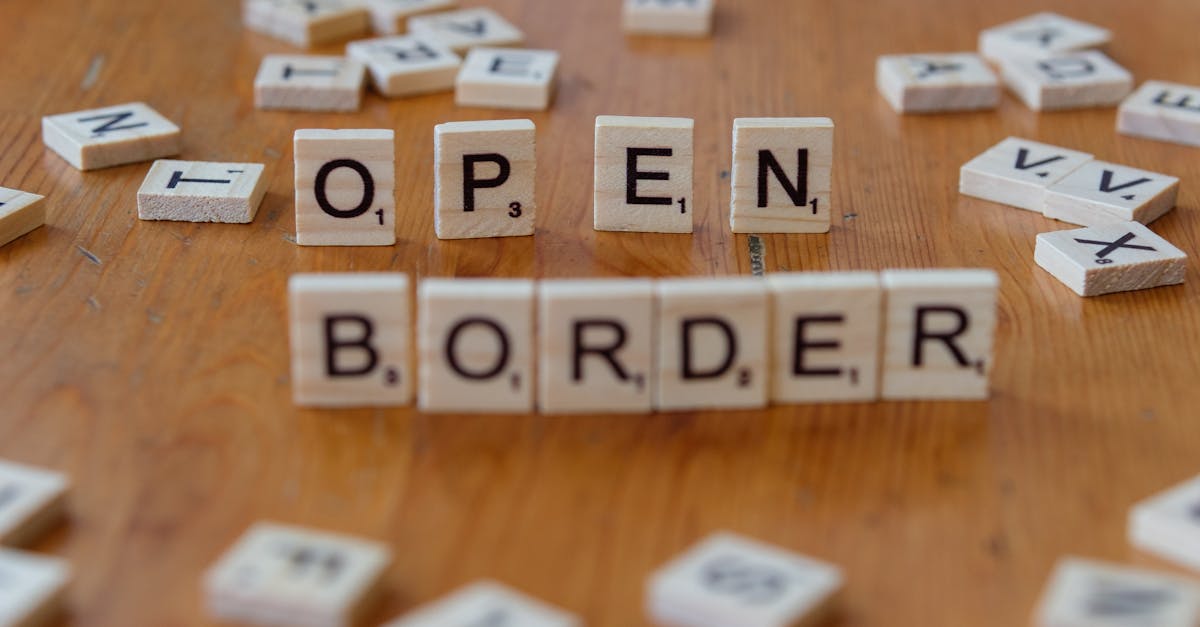
The latest developments in Czechia span significant political, social, and economic changes impacting the country’s migration policies, legal landscape, and international role. This article explores these key topics in depth, presenting an overview of Czechia’s recent legislative reforms, court decisions, economic performance, and cultural milestones shaping the nation’s present and near future.
Migration Law Reforms and Political Context
In mid-2025, the Czech Chamber of Deputies approved a comprehensive tightening of asylum and migration laws. The new legislation aims to grant the government greater control over migrants’ residence status and to streamline administrative procedures for international protection. Notably, the reforms include provisions to revoke residence permits of foreign nationals involved in multiple serious crimes and to dismiss applications from Ukrainian refugees who have already received temporary protection in other EU countries. This reflects a broader attempt to manage migration rigorously amid concerns about EU-wide migrant redistribution agreements. The reforms passed with support from the governing coalition but faced opposition from political groups critical of what they perceive as unfair EU policies. The full adoption of this law awaits further Senate approval, amid parallel debates on penalties related to human smuggling and airline transport of undocumented migrants.
The political arena is further charged by the recent ban on communist propaganda, equating the promotion of communist ideology with Nazi propaganda under the criminal code. This unprecedented legal move has ignited controversy, with some viewing it as a necessary condemnation of authoritarian pasts, while others see it as a potential threat to political freedoms and an attempt to silence dissenting voices. The discourse around this measure also touches on Czechia’s historical reckoning and its ongoing struggle with political polarization.
Judicial Advances and Economic Highlights
The Constitutional Court recently issued a landmark ruling emphasizing the importance of children’s rights and parental contact in custody cases. Courts are now required to explicitly outline steps to restore parental visitation when such contact is restricted, aiming to prevent total exclusion of a parent and safeguard the child’s well-being. This decision marks a significant advance in family law, reinforcing the principles of fair treatment and child protection within the judiciary.
On the economic front, Czechia witnessed record arms exports in 2024, reaching CZK 94 billion. Driven largely by increased demand linked to the ongoing conflict in Ukraine and NATO partners, domestic arms producers have expanded output significantly. However, these companies now confront supply chain and labor constraints limiting further growth. The bulk of Czech arms exports are directed towards Ukrainian defense or supplied via European allies, underscoring Czechia’s strategic role as an arms supplier in current geopolitical tensions.
Additionally, Czechia is hosting significant international events such as the Galileo SAR Meet 2025, the largest European search-and-rescue drill for air crews. This event fosters multinational cooperation and skill enhancement, highlighting the country’s emerging leadership in both civil and military rescue operations.
Cultural and Social Developments
Culturally, Prague commemorated the 70th anniversary of “Journey to Prehistory,” a landmark film blending live-action and animation to depict prehistoric life. The celebration at the Karel Zeman Museum underscores Czechia’s rich tradition of artistic innovation and storytelling, inspiring future generations of filmmakers and audiences alike.
Meanwhile, ongoing social debates include discussions on infrastructure development, societal rights such as parental visitation, and the cultural diplomacy efforts of foreign nations in Czech social media spaces. These multidimensional activities reflect a dynamic and multifaceted society actively engaging with its past while navigating present-day challenges.
In summary, Czechia in 2025 is characterized by assertive legislative reforms targeting migration control and political expression, significant judicial decisions enhancing family rights, booming arms exports tied to regional conflicts, and vibrant cultural commemorations. These developments paint a picture of a nation balancing internal reforms with its expanding international role amid evolving social and political landscapes. The country continues to grapple with its historical legacy and contemporary pressures, positioning itself as a noteworthy actor in Central European affairs.